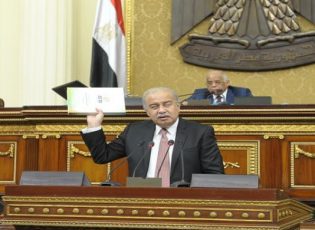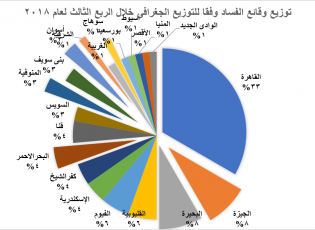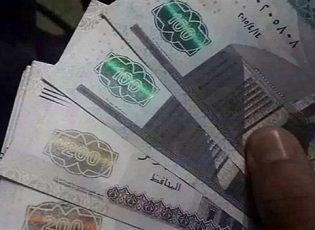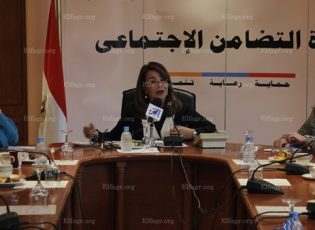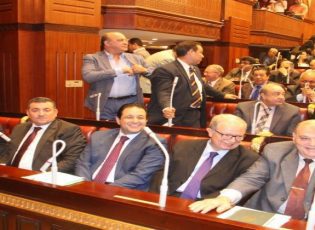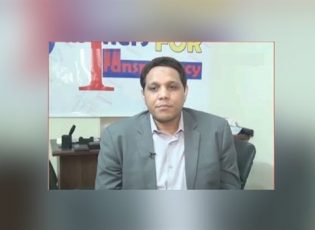Partners for Transparency PFT issued its preliminary report to assess electoral financing and spending for the constituencies targeted in the first phase of the Egyptian parliamentary elections, which deals with a quantitative analysis of the results of field monitoring carried out by the “Our Voices Against Your Money” initiative team in two electoral constituencies in the governorates of Alexandria and Fayoum, which are Muharram Bey in Alexandria. 36 candidates are running for their seats, and for the Fayoum district in Fayoum, 27 candidates are standing for their seats.
Partners for Transparency PFT has started implementing its initiative to monitor electoral financing and spending in a number of electoral districts, titled “Our Voices Against Your Money”, since September 2015, and the initiative continues until the end of the second phase of the parliamentary elections in December 2015.
The initiative aims to come up with general indicators about the nature of electoral financing and spending in the Egyptian elections, and to establish new, scalable tools that can be used extensively later to help civil society organizations, the National Elections Authority, the media and parties to monitor, control and regulate the use of money in the electoral process.
Lack of transparency and failure to record expenditures are the most important violations of the first stage
The report uncovered a set of fundamental observations related to electoral financing and spending in the Muharram Bek and Fayoum districts, the most prominent of which were the following:
The first observation: Candidates in the two constituencies must not be obligated to record the accounts related to their electoral campaigns in regular records in the manner specified by the Law on the Exercise of Political Rights, which is the violation of the vast majority of candidates in the two constituencies, which opens the door to questioning the true values For the election campaign expenses for these candidates.
The second observation: which was more prominent in the Muharram Bey district was the lack of transparency and disclosure of the various aspects of the candidate’s election campaign, which was evident in the majority of candidates ’refusal to disclose the donations they received, or their denial of receiving such donations, as is evident in the two circles with regard to the reluctance of the majority. The largest number of candidates to announce their bank account number, the real values of their campaign expenditures and the sources of funding for voters in their constituencies, and although the Law on the Exercise of Political Rights includes a clear loophole in that, as it does not lay down regulatory rules in this regard, political harmonization and the rules of integrity and transparency were required. Candidates adhere to this.
The third observation: related to the practice of electoral campaigning at other than its legal timings, and this observation was more prominent in Muharram Bek district than in Fayoum city, where most of Muharram Bek constituency candidates practiced electoral propaganda outside its official timing, which is a clear violation of the organizing rules contained in the law Exercising political rights
The fourth observation: It is related to the payment of electoral bribes, which was recorded on a small scale in Moharram Bek governorate in Alexandria, while no similar cases were recorded in the Fayoum city district.
The fifth observation: It is considered a positive note, as no cases were recorded of the use of civil organizations or government facilities in the advertising process in the two departments subject to monitoring, while limited cases of using places of worship in the Muharram district
Beck in Alexandria.
The sixth observation: related to the presence of a chartered accountant in the candidates' campaigns, as the results of monitoring in the two departments revealed that the vast majority of the candidates do not include legal accountants in their campaigns in the form specified by the Law on the Exercise of Political Rights, which opens the door to random funding and spending, and the form of financial reporting later And reducing confidence rates in the reality of revenues and expenditures related to candidates' campaigns.
The seventh observation: It relates to the difference between the two constituencies in the extent and nature of the legal violations related to financing and electoral spending, as the Fayoum district was much better than the Muharram Bey district, which indicates that political money was more present, and the related violations are more prominent in the Muharram Bey constituency than In the city of Fayoum, and the cultural, social and economic context in both departments may have an important role in this.
Short link: https://pfort.org/en/?p=378



